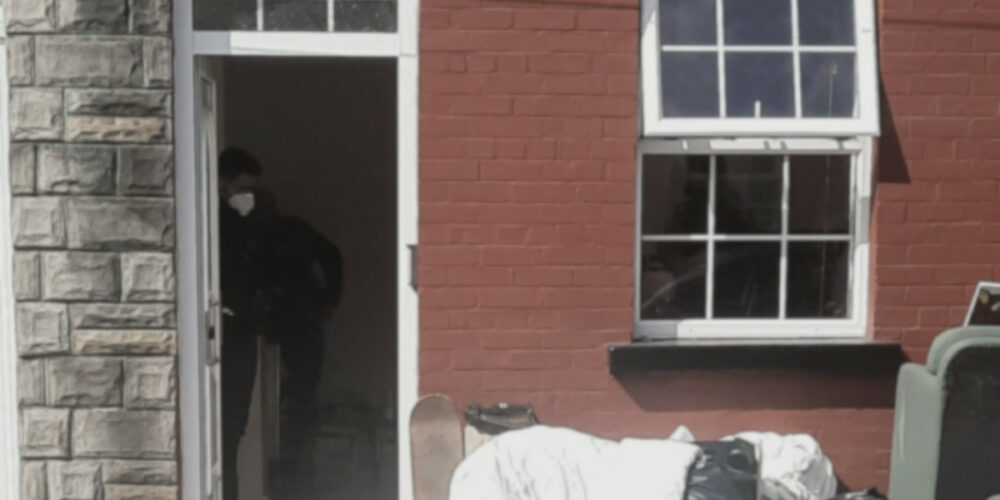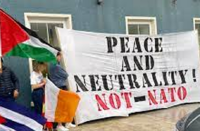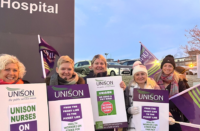The moratorium on evictions was lifted on 23 April, placing the fate of thousands of renters affected by this pandemic firmly back into the hands of landlords.
The government has clearly shown that it cares more for the rights of the propertied classes during an economic and public health crisis than for the basic right of the people to shelter and dignity. In a country that has the means to prevent homelessness and poverty, this is a level of callousness that offends even the most jaded observer.
The effects of this are already unfolding in Dún Laoghaire, where eight tenants face immediate eviction. The profits of Mill Street Projects Ltd are more important to Fianna Fáil, Fine Gael and the Green Party than protecting the people; but why would this be a surprise? In 2019 a quarter of all TDs were landlords, despite the fact that landlords make up only 4 per cent of the population. When the representatives of the people more closely resemble a gathering of the Irish Property Owners’ Association than a random sample of citizens, is it any surprise that this is the outcome?
Yet the problem isn’t simply the need for a more accurate socio-economic representation of the populace in the Dáil: the problem is an economic system that treats one of the most basic human needs, shelter, as something to be bought and sold. The right of the landlord is sacrosanct in the Free State, and the exercise of this right leads to an appalling situation, where many dogs around the country are treated better than children, students, and the most vulnerable members of our society. The rights of young and old to shelter and basic dignity are treated with disdain by men in suits whose main concern is the proper functioning of the property market.
We have to ask ourselves, Are we helped by framing this as an issue of rights, or would it be better to talk plainly about power? Landlords have power, while the individual renter is at their mercy. They exercise that power through the courts, the Gardaí, and their political connections—leaving thousands in damp, crowded and dingy apartments that must be paid for each month, even during a global pandemic.
On experiencing the misery that springs from this power imbalance it would be rational to think that the economic and political systems operating in this country are corrupted by greed. Unfortunately they work properly and efficiently according to the blueprints they were built from. If we want to change the outcome we need to change the whole political and economic machinery; it is not enough to appeal to the kindness of the landlords’ hearts. To do that we require a new blueprint.
We require an alternative economic system that produces humane outcomes, an economic system that builds and distributes warm, safe, dry and environmentally efficient public housing on the basis of the needs of our society. This will not be achieved by appealing to the interests of a Dáil captured by the propertied classes.
While the existing inhuman machinery is not in a position to be dismantled, because of our present lack of power, it can and must be disrupted as a first step towards a future without mould, cold, or the threat of homelessness.
The coming months and years will present even more challenges on top of the already difficult situation that we all find ourselves in. The state and the landlords are organising for mass evictions by legislating to allow thugs from private security companies to carry out evictions. Organisation at the community and the national level is our only weapon to counter this assault. If not members already, readers should consider joining a tenants’ union, such as CATU, as well as the Communist Party. As individuals we can hope to achieve little, but collectively we have great power.






